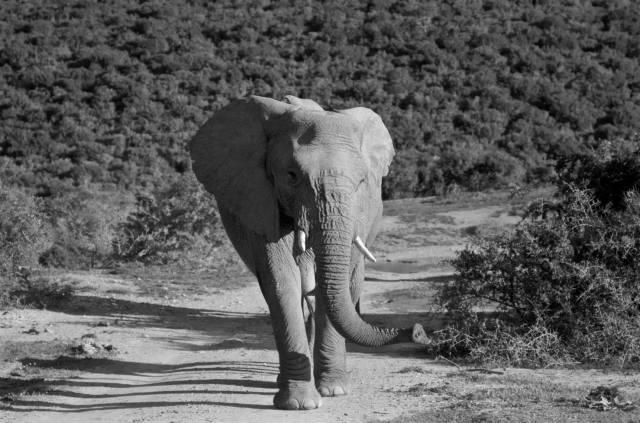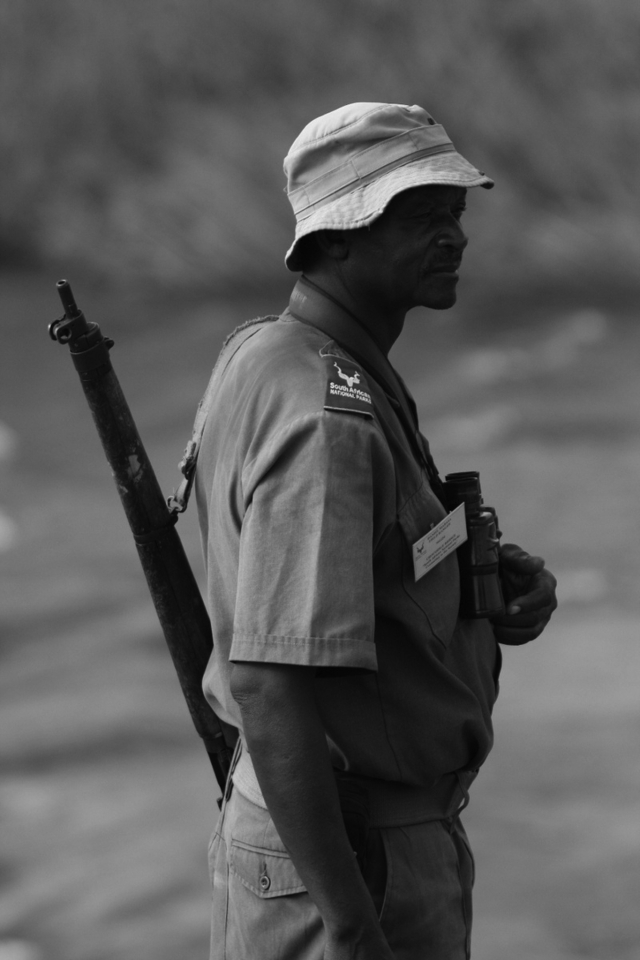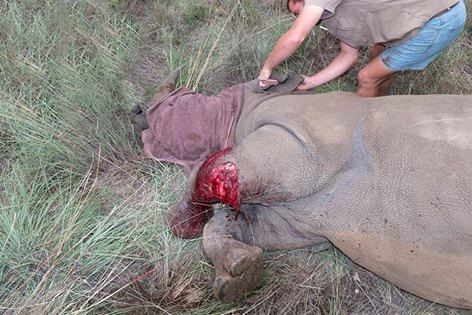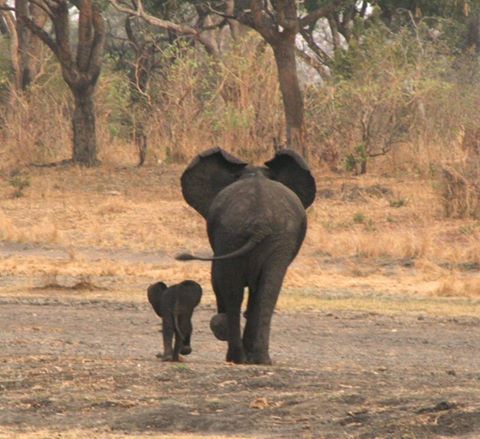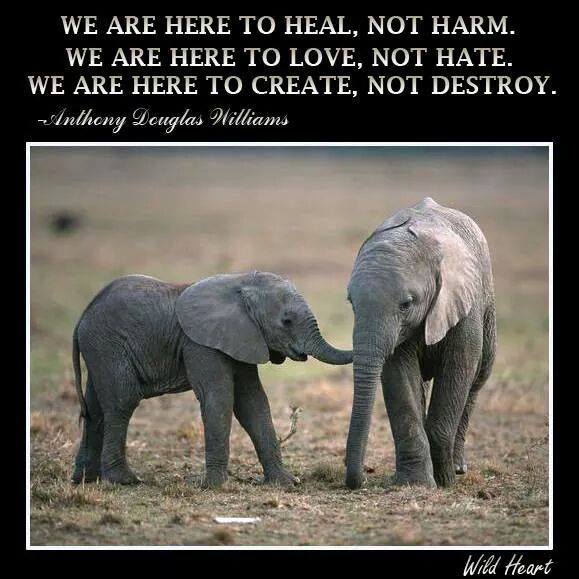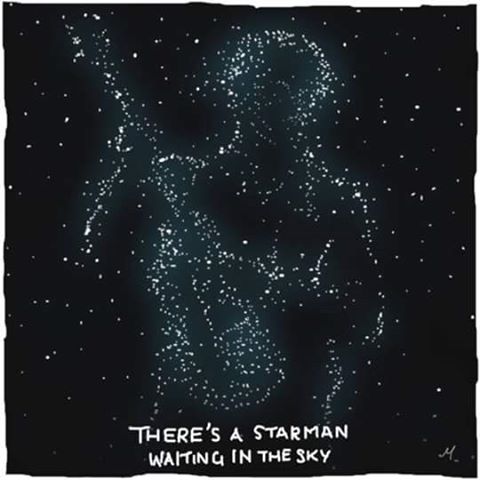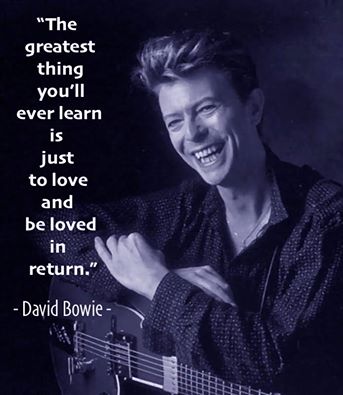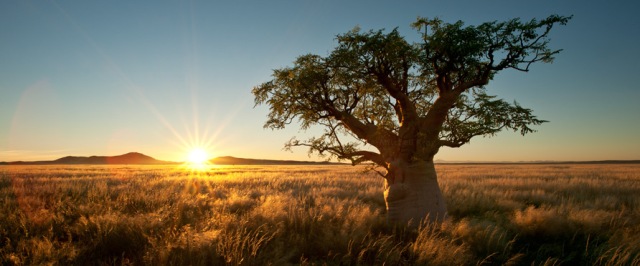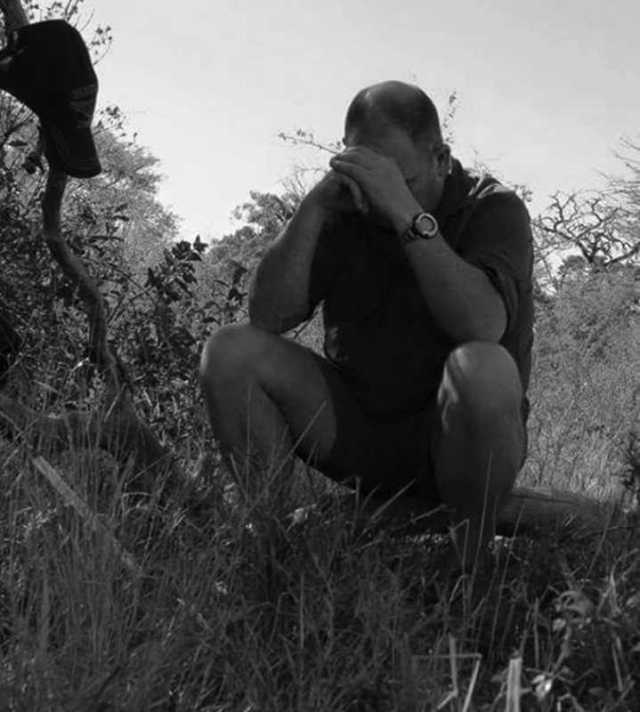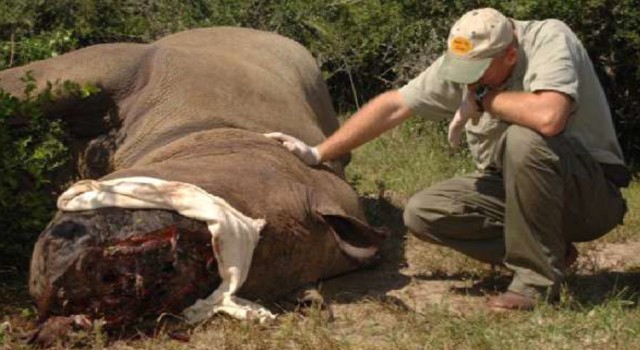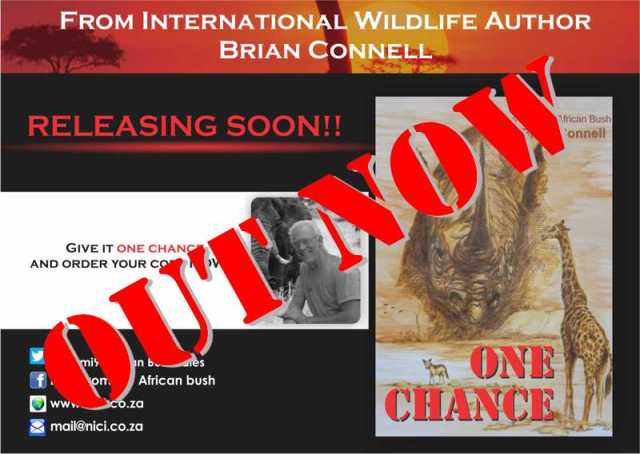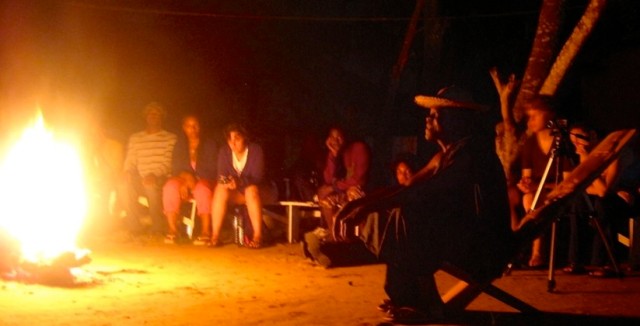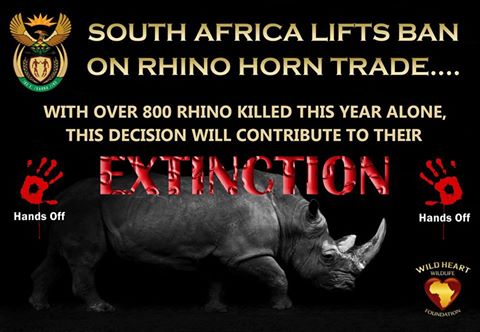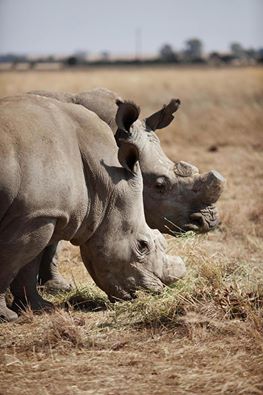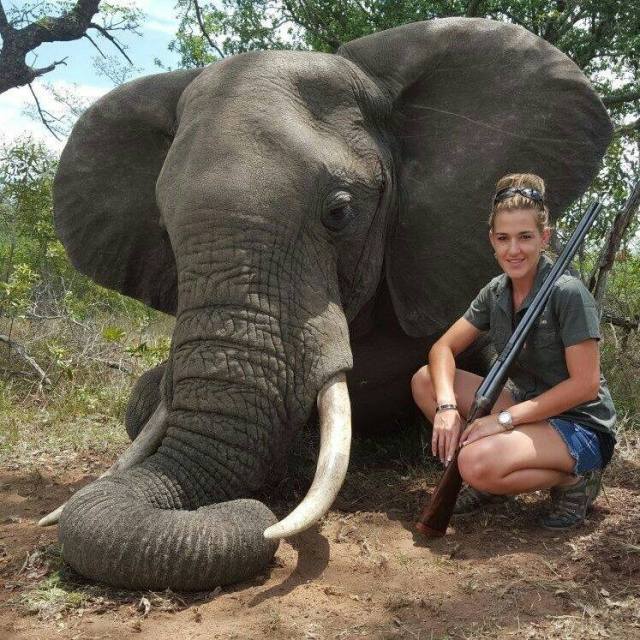I have led a life that has been the envy of many, although there are some who consider me to be certifiably insane!
I am an introvert, a solitary man, one who much prefers his own company to being in one.
So what does an introverted, shy and almost reclusive young man do in the way of a suitable career?
Fascinated by wildlife and photography, the choice became obvious.
That choice saw me spending the best part of my life tramping through the African bush, helping out with ethological research, becoming totally in tune with my surroundings and the wildlife within.
As age crept up on me, unannounced and unwanted, I discovered that I no longer had the physical strength or agility required to continue, eventually having to give in to the inevitable and return to what the general population confidently and somewhat optimistically refers to as “civilisation”.
Feeling lost and stuck in a place that I didn’t enjoy much, I started banging away at the keyboard, watching strings of letters become words, words become sentences, paragraphs and pages until, almost as if by magic, a book was born.
One book led to three, with a few others on the side, all telling the stories of the bush, the people, the wildlife, and telling of a life that fulfilled me.
The books had a good reception by those who bought them, with a number of reviews that made me feel that I was doing the right thing. Local and international sales slowly, very slowly, began to build.
Step two was then initiated as a direct result of seeing the horror that is poaching.
How man could do such things to an animal is beyond belief.
Having been involved at ground-level, so to speak, I decided to do something for the dedicated, hard-working rangers – the unsung heroes of the war currently being fought.
Through the sales of the books, I could spend some of the proceeds to help out in the field against this poaching scourge that is decimating our wildlife, rhino in particular.
Rather than donate money, I decided to buy the things the rangers needed and help in a really tangible way. Things like boot-laces, socks, boots, protective clothing, gps units, radios, and so on.
A marketing effort was started with the vast social-media fraternity all telling me what a good guy I was.
Encouraged by the response, I started putting stories ‘out there’.
And then disappointment reared its ugly little head.
Disappointment in all the people, and there were thousands, who think that ‘liking’ my articles, blogs and observations is all that is required to help our desperately endangered wildlife.
But rhinos, elephants, lions and all the other endangered species can’t read and have no idea as to how many people ‘like’ the stuff written about them, but don’t do anything more.
I wrote an account of an elephant who befriended me. That one story attracted over 168 000 ‘likes’, but only one book order amidst many, many pleas for me to write more.
So all this begs the question: is my marketing effort totally ineffectual?
Does apathy rule in the minds of all the people I have so obviously had a deep impact on?
How do I convince people to commit?
I don’t ask for much.
And it’s most definitely a two-way trade – by buying a book, you receive something tangible, something that brings Africa alive in your mind, a book that you can hold, smell, enjoy and keep.
In return, a ranger or two, working so hard and selflessly, deep in the bush, in terribly dangerous conditions, is presented with goodies to make his life that little bit more comfortable.
While you are comfortably enjoying sitting in the lounge, surrounded by all the comforts of home, spare a thought for the rangers. Patrolling, nerves on edge, searching, listening, tracking, trying to get to the bad guys before another rhino is butchered. Shivering in cold rain, clothing saturated, or sweltering in temperatures that make you glad that you have a swimming pool to cool down in.
And while you eat a fine meal, in the company of friends and family, remember the ranger, eating cold food out of a tin because he can’t risk a fire that may be seen by those rampaging killers.
It is a win-win situation. You help financially, which makes you feel good, and get a best-selling book to keep, to remind you that you did something really worthwhile in our war against poaching.
A war that shows no sign of ending anytime soon.
A war whose fighters need all the help they can get.
Buy a book – help a ranger.
https://www.facebook.com/Tales-from-the-African-bush-429328593862084/?ref=hl

